Islamabad negotiating deal with Pakistani Taliban to put stop to attacks: Report
Islamabad has scaled up efforts to quell a recent surge in deadly attacks carried out by the the Tehreek-e-Taliban Pakistan (TTP), commonly known as the Pakistani Taliban, a banned terrorist outfit based along the Pakistan-Afghanistan border.
Since the Taliban laid siege to Kabul in August, the Pakistani offshoot of the group has upped the ante on its side of the border, according to an AFP report on Monday which detailed the developing phenomenon.
According to experts, the success of Afghan Taliban in regaining power after a 20-year struggle has emboldened the Pakistani Taliban in scaling up its armed activities in a bid to topple the democratically-elected government in Islamabad.
The renewed confidence became apparent in October when the TTP leader Noor Wali Mehsud came out of hiding and was photographed shaking hands with people and speaking in publicly in a publicity move that was deemed impossible just a few months ago.
To eliminate the reemerging threat posed by the Pakistani Taliban, Islamabad has reportedly clinched a deal with local Taliban militants, persuading them to agree with Islamabad on a ceasefire.
“The government of Pakistan and banned Tehreek-e-Taliban Pakistan (TTP) has agreed on a complete ceasefire,” Pakistan’s Information Minister Fawad Chaudhry said in a statement last week. “The ceasefire will keep on extending with the progress in the negotiations.”
TTP has claimed responsibility for a spate of deadly attacks targeting Pakistani security forces since August.
In an attempt to improve its violent image, and to be seen differently from Daesh militants, TTP has refrained from staging any attacks in past months on civilian targets.
It also claims that recent attacks have been less violent than the deadly attacks that the TTP launched in the past.
In a tragic incident, TTP terrorists stormed an army-run primary and secondary school in Peshawar, Pakistan, on December 16, 2014, killing 150 people, including at least 134 students.
PM Khan seeks reconciliation
Pakistani Prime Minister Imran Khan is keen to shore up support from Pakistan's conservative base, and lead rapprochement with groups such as the TTP to appeal to rural voters, despite the negative impact it has on the military, according to the AFP report.
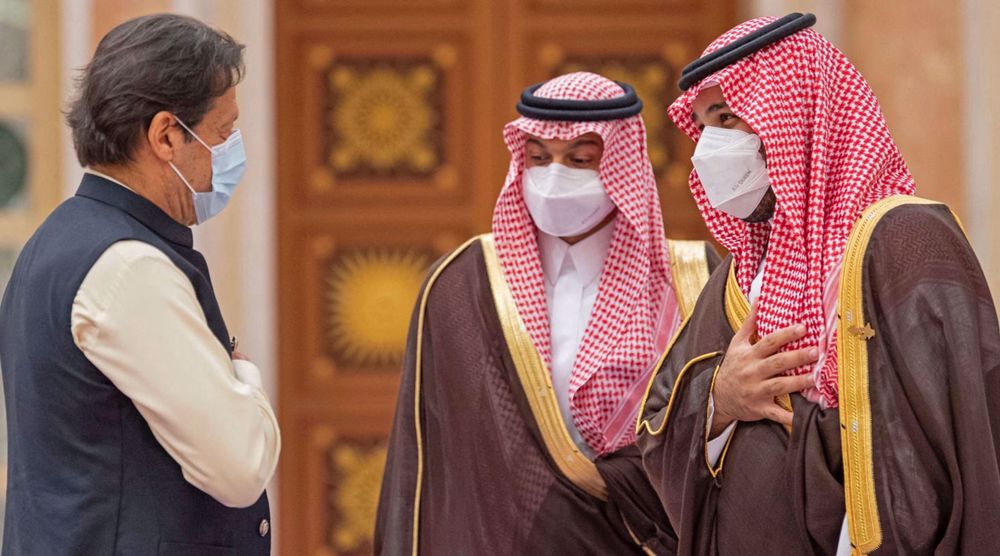
In October, Khan revealed that Islamabad had resumed talks with the TTP for the first time since 2014.
Afghan Taliban leaders, who were in hiding in Pakistan for many years, had facilitated the resumption of talks between the TTP and Islamabad.
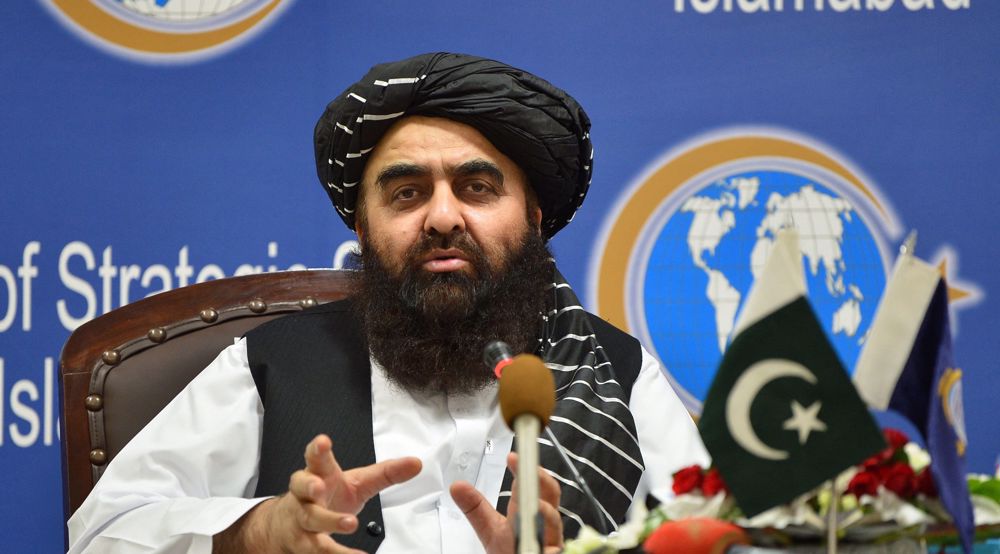
However, neither side has openly stated details about the negotiating points.
The TTP has some 4,000 to 6,000 fighters, down from 20,000 at its peak, according to estimates from the Pakistani authorities.
The release of about one hundred jailed TTP members was one of the key demands of the militant group to agree to the ceasefire with Islamabad, a source from the group told AFP.
The TTP's top tier was terminated in response to the 2014 Peshawar Army school massacre.
A Pakistani official, who asked not to be named, told AFP that the new generation of TTP fighters has undergone a makeover.
The TTP is "not the same group as it was eight years ago", he was quoted as saying.
The current negotiations are taking place with young Taliban and "third tier leaders", he said.
However, an elder of the Mehsud tribe told AFP that the Afghanistan Taliban is different from the Pakistan Taliban and many locals fear that the TTP's return will bring violence once more.
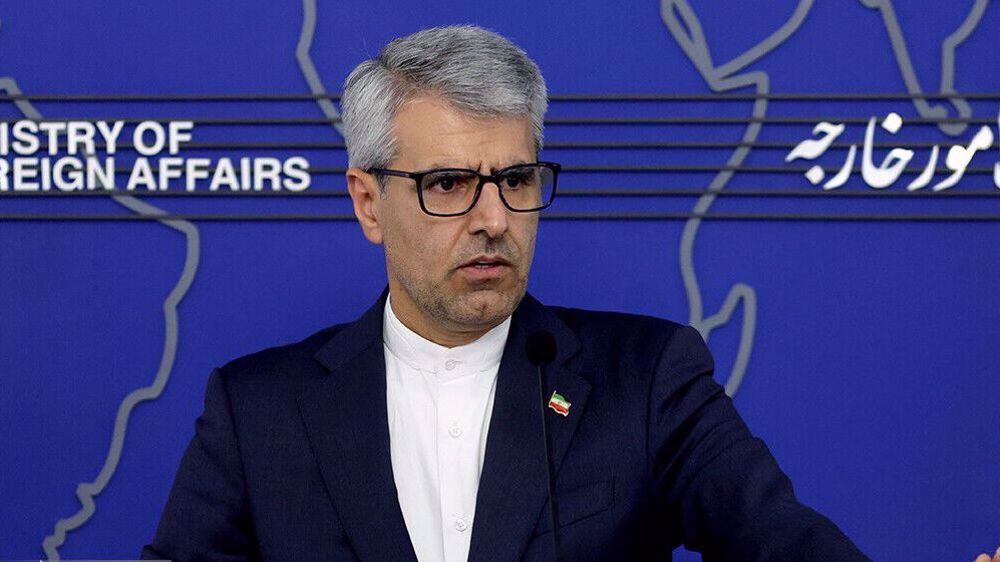
Iran condemns Pakistan terrorist attack, urges stronger cooperation in fight against terror
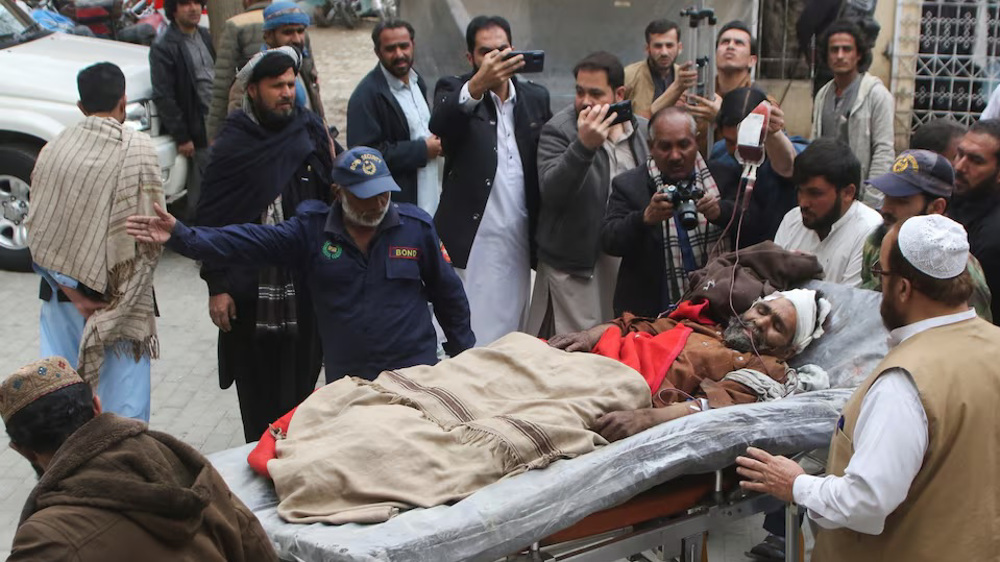
At least 11 killed in roadside bombing in Pakistan’s Balochistan
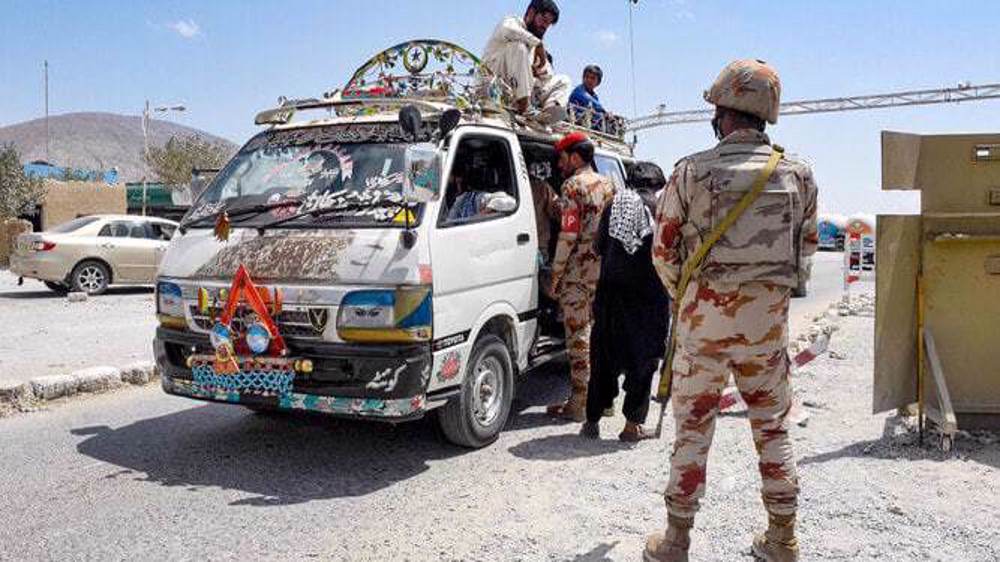
Police say 18 soldiers killed in ambush in southwestern Pakistan
Iranian flotilla makes port call in India with 'friendship message'
How UK counter-terror police colluded with Zionists to detain me after Beirut trip
Biden, Blinken, Austin referred to ICC over Gaza war crimes
EU will 'do the same' if US implements tariff hikes: France
VIDEO | Press TV's news headlines
British celebrities condemn BBC removal of Gaza documentary
Iran Army acquires tactical vehicles, audio surveillance systems
VIDEO | UK police detain anti-Zionist scholar upon return from Lebanon


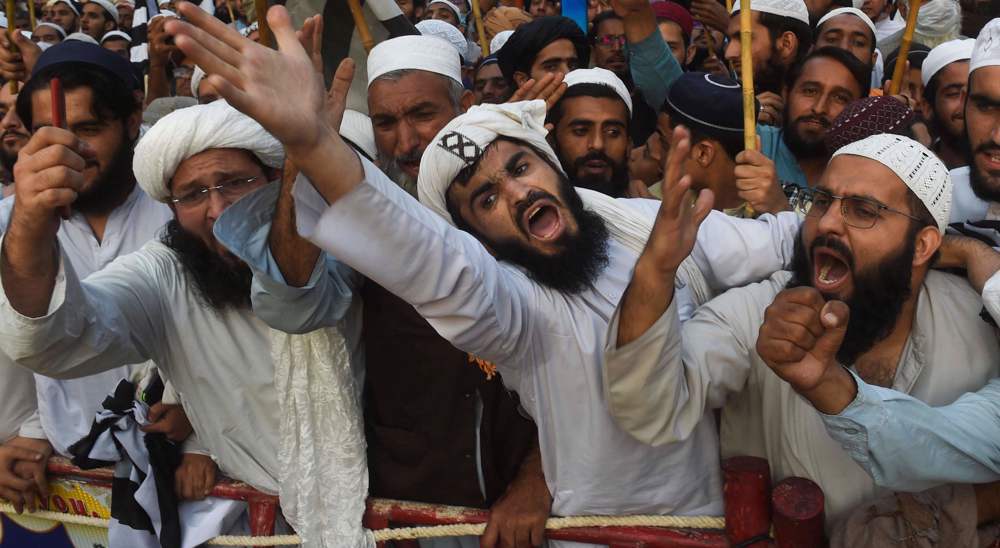
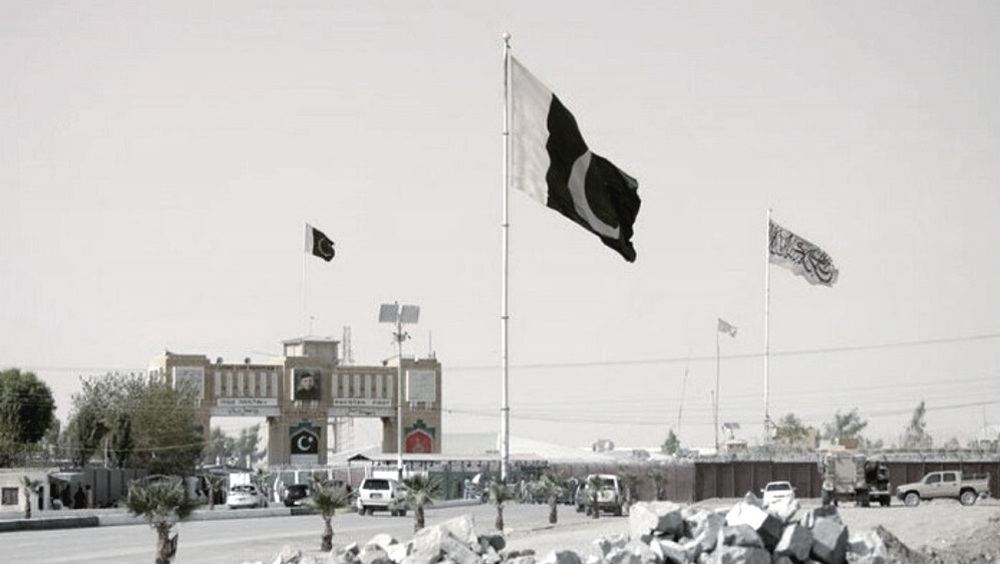




 This makes it easy to access the Press TV website
This makes it easy to access the Press TV website